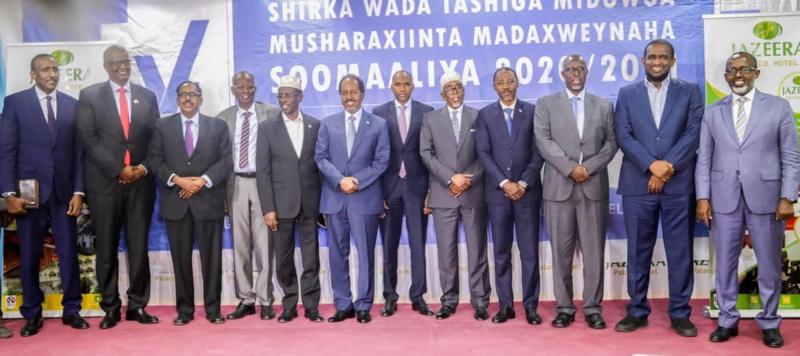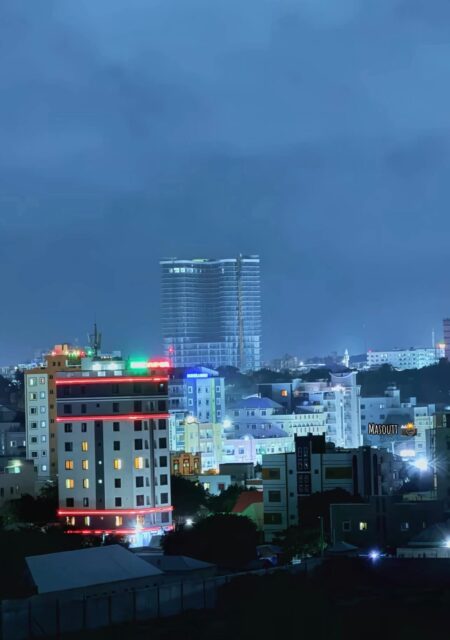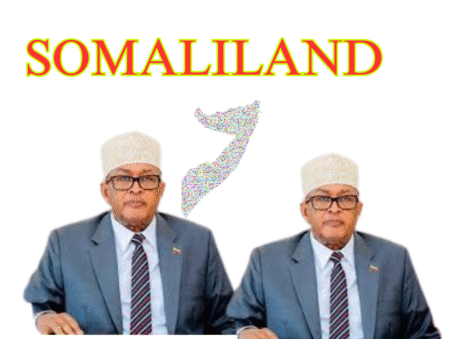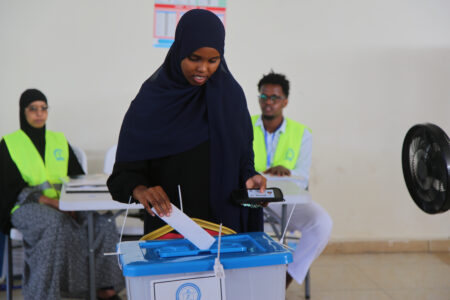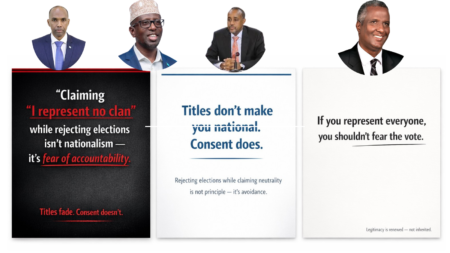Southern Somalia is in the grip of severe political challenges that demand immediate attention and action. The behavior of its leaders, reminiscent of past warlords, is exacerbating the situation and harming the region’s reputation. Politicians’ provocative statements are not just fueling internal conflicts, but also destabilizing the area, and inadvertently aiding the rise of extremist groups such as Al-Shabaab. The urgency of the situation cannot be overstated.
The destructive rivalry and refusal to collaborate among Southern Somalia’s politicians have created a politically unstable environment, fragmented the Southern tribes, and weakened efforts to establish a cohesive governance structure. This instability has turned the southern regions into a haven for terrorist groups. Despite these issues, the population of south Somalia remains one of the most productive in the entire Somali peninsula.
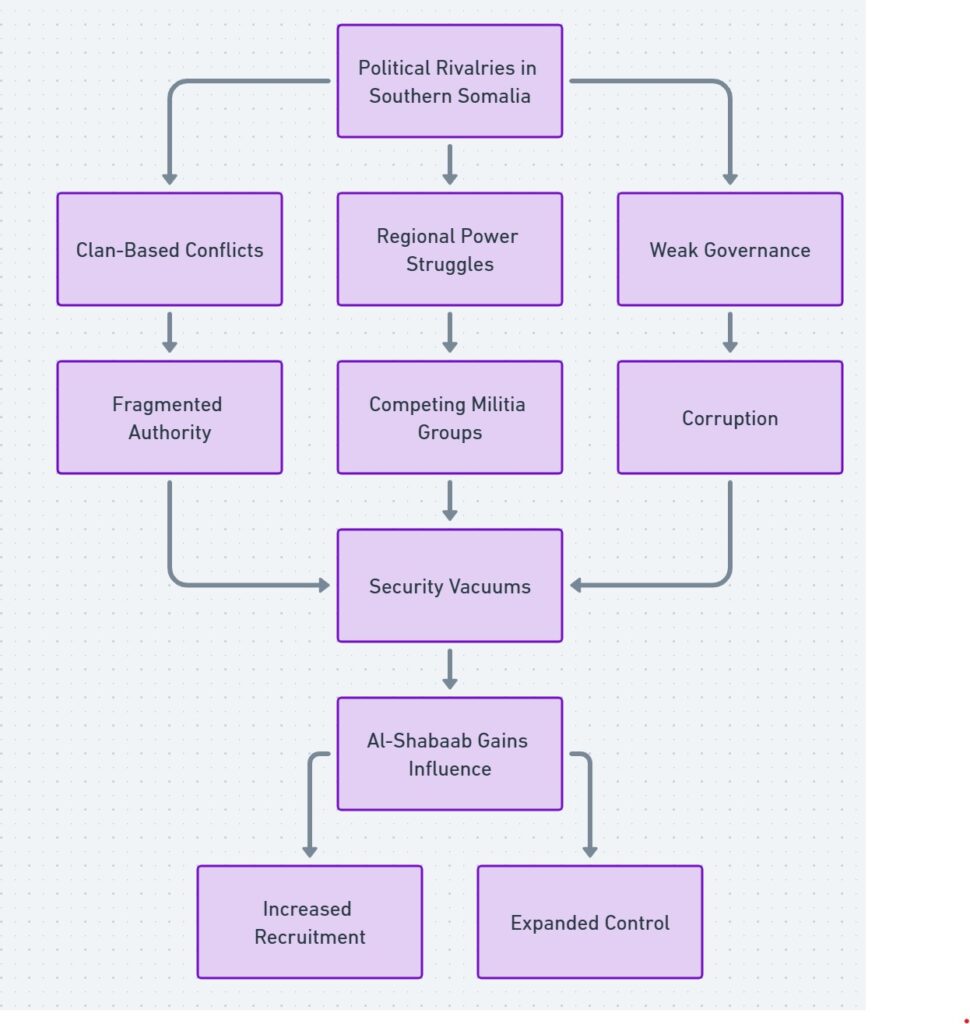
President Hassan Sheikh Mohamud has displayed unique leadership aligned with charismatic principles. His tireless efforts to unite Southern political rivals and fight against Al-Shabaab collectively have not only achieved significant milestones but also instilled a sense of optimism and trust in the people of Southern Somalia. However, many southern political elites resist this, fearing they will lose their political positions if the country stabilizes.
The rise of Al-Shabaab in Southern Somalia is a direct consequence of the political failures of these political warlords. The ongoing conflicts and power struggles among southern politicians not only distract from effectively combating extremist threats but also provide a breeding ground for them, allowing Al-Shabaab to thrive.
If Southern Somalia’s politicians were to adopt a more cooperative and united approach, the potential for positive change in the region is not just significant, it is immense. This could lead to not just positive changes, but significant ones, with unified and stable leadership enabling not just effective governance, but governance focused on public needs rather than personal agendas.
A united political strategy would not just boost public confidence, it would foster hope and progress. As citizens, we have the power to not just support this process, but to actively participate in it. Our specific actions could not just lead to widespread public support for the government, but strong resistance against extremist influences, paving the way for a not just stable, but a prosperous Southern Somalia.

